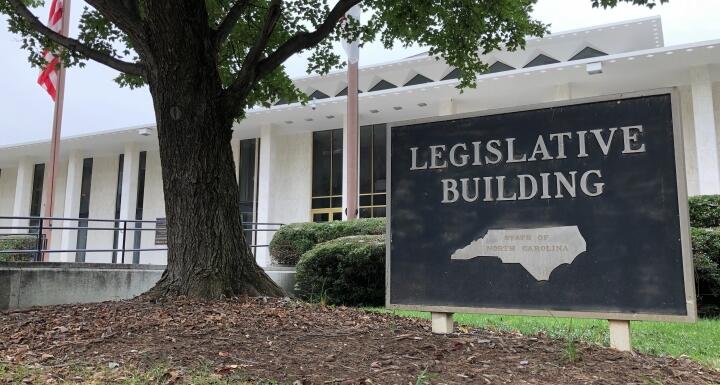Political and campaign finance law is in a state of constant flux. That is truer in North Carolina than many other places.
On January 1, 2017, the North Carolina State Board of Elections, which oversaw campaigns and related regulations, merged with the State Ethics Commission, which administered ethics laws governing lobbyists, elected officials, and public employees into a new entity called the Bipartisan State Board of Elections and Ethics Enforcement ("SBEEE").
The original conception of the merged Board was to have eight members, four Democrats and four Republicans, for a bipartisan entity overseeing elections and political ethics issues. However, after courts struck down two eight-person iterations of the SBEEE, the legislature amended the structure to include four Democrats, four Republicans, and a nonaffiliated member that the governor appoints based on nominees submitted by the rest of the Board.
The merged Board regulates a broad array of political conduct. It administers the election process, including organizing primaries and elections and overseeing the voter registration process. It also regulates campaigns, including campaign finance and independent expenditures. It monitors ethical compliance for elected officials and government employees. And it oversees the ethical and disclosure obligations that apply to lobbying.
In order to discharge its duties, the Board has powers, not unlike traditional law enforcement agencies. The Board can conduct investigations of potential violations of the laws and regulations under its purview. To that end, it can subpoena documents and witness testimony. Investigations originate from complaints filed by individuals as well as systematic reviews for compliance. The Board has authority to hold hearings to resolve certain disputed matters and to make findings and conclusions based on those hearings.
The Board also is vested with authority to impose remedies and punishments for violations of the laws under its authority. It can impose fines and penalties for violations of a variety of provisions of statutes. The Board may also issue injunctions directing compliance with elections and ethics laws.
Most significantly, the law makes certain election law violations subject to criminal prosecution. In particular, certain violations of campaign finance provisions are misdemeanors and, under some conditions, are Class I felonies. Upon notification of violations of campaign finance laws, the Board is required to refer the matters for criminal prosecution. See N.C. Gen. Stat. § 163A-1445(d). If no prosecution results from such referral, any individual or local elections board in that prosecutorial district can petition the local court to appoint a special prosecutor. See N.C. Gen. Stat. § 163A-1446(b). Absent a showing of good cause, the court is required to appoint a special prosecutor to prosecute the violation.
All indications are that the Board intends to take its oversight and enforcement obligations seriously. It has hired attorneys with experience at the Enforcement Division of the Securities and Exchange Commission and the United States Department of Justice. This emphasis on regulatory enforcement, combined with the non-discretionary phrasing of the criminal campaign finance provisions, could signal a sea change in North Carolina political law. Candidates, elected officials, donors, and lobbyists should examine their compliance policies and procedures to ensure that best practices are in place.





